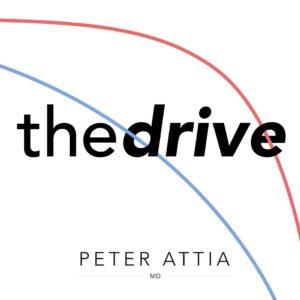
In this episode of “The Rich Roll Podcast,” host Rich Roll sits down with Baratunde Thurston to discuss the perils of social media, the erosion of trust in institutions, and the importance of empathy in bridging our political divides.
Baratunde Thurston explores the impact of big tech on society and the rapidly evolving media landscape. While the internet has given everyone a voice, it has also made it easier for white supremacists to organize. The media’s role is to reflect back who we are and who we’re capable of, but it has become a narrow reflection of ourselves due to ad-driven monetization, which prioritizes conflict and discord over collaboration and creativity.
Trust is a major issue of our time, with a collapse of trust in every institution we were raised to trust. The fragmentation of reality threatens social cohesion and collective belonging, exacerbated by widening economic disparity and disenfranchisement. Secular gurus are replacing faith-based organizations as core pillars of communities, further contributing to the erosion of trust.
Subscription-based models like POC and Substack are challenging the ad model of social media. Baratunde advocates for designing digital spaces as public spaces, similar to parks or libraries. The pressure on social media outlets to fill the gap for public spaces has led to a hyper-focus on growth, often at the expense of collaboration and creativity.
Baratunde emphasizes the importance of embracing diversity and reframing conversations around gains rather than losses. Telling the truth about American history is crucial for real patriotism and creating a sense of belonging. Leading with empathy and compassion while being clear about the truth is a skillful and artful dance that can bridge political divides.
Creating a culture of democracy is key to connecting grassroots efforts to systemic change. Baratunde highlights the importance of citizens assemblies, which allow for broader base support for policies and representation of diverse perspectives. Building trust and real community through analog experiences is essential for effective activism. Examples of positive activism, such as World Central Kitchen and Charity: Water, demonstrate the power of collective action.
Baratunde Thurston’s insightful conversation with Rich Roll sheds light on the perils of social media, the erosion of trust in institutions, and the importance of empathy in bridging our political divides. By understanding the impact of big tech, the need for public spaces, and the value of diversity and truth-telling, we can work towards creating a more inclusive and compassionate society.